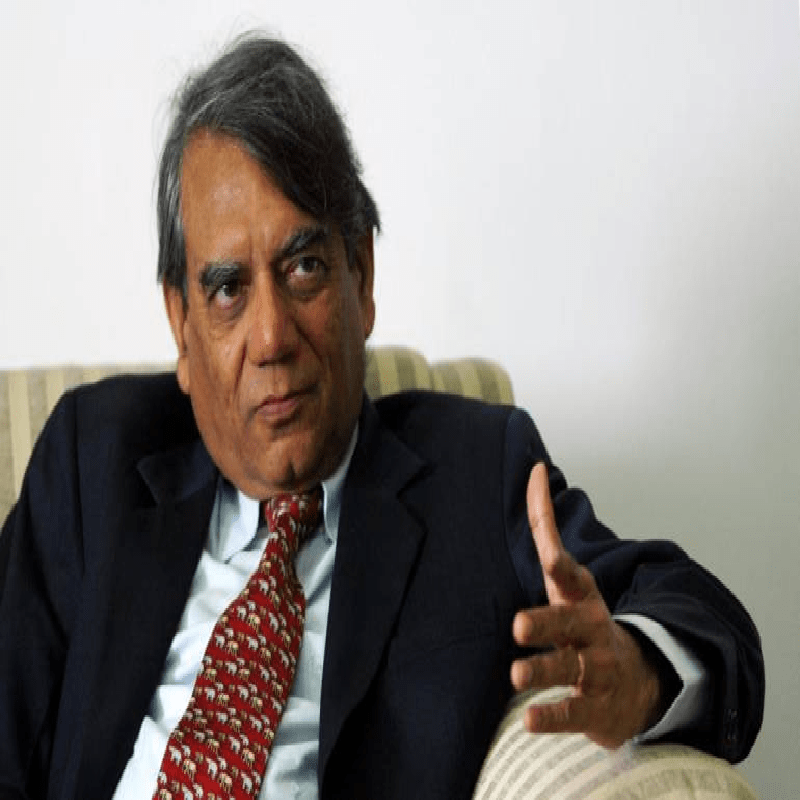“There is a problem in the financial sector, industrial sector and agriculture sector, but situation is not as bad as it was in 1991,” he said.
Former RBI deputy governor Rakesh Mohan said on Thursday that economic problem in India is not as bad as it was in 1991 when the country faced severe economic crisis on the external front. Speaking at an event organised by Ananla Aspen Centre, Mohan said increasing tax rate is not a good idea. “There is a problem in the financial sector, industrial sector and agriculture sector, but situation is not as bad as it was in 1991,” he said.
Mohan, a senior fellow at Yale’s Jackson Institute for Global Affairs, also said allowing Indian companies to borrow from abroad is a dangerous thing to do. “We need to re-look our financial sector as a whole,” he said. Referring to recent cases of crisis in the non-banking financial company sector, Mohan said, “There is widespread siphoning of funds, the siphoning of funds is done by people whom we trust.” On increase in taxes on super rich in this year’s Budget, Mohan said, “Increasing tax rate is not a good idea, increasing tax compliance is.” Noting that there is a huge increase of wealth in India, he wondered why it does not reflect in the tax-to-GDP ratio of the country.
Personal income tax-to-GDP ratio dropped in 2018-19 as compared to 2017-18, he said. He also wondered about the logic of having Goods and Services Tax Council meeting in every two months. Mohan also said India will have to try and achieve over 8 per cent growth for 10-15 years. “Even if we achieve annual GDP (gross domestic product) of 8 per cent, even then in 2 years from now, we will be where China is today,” he noted.

